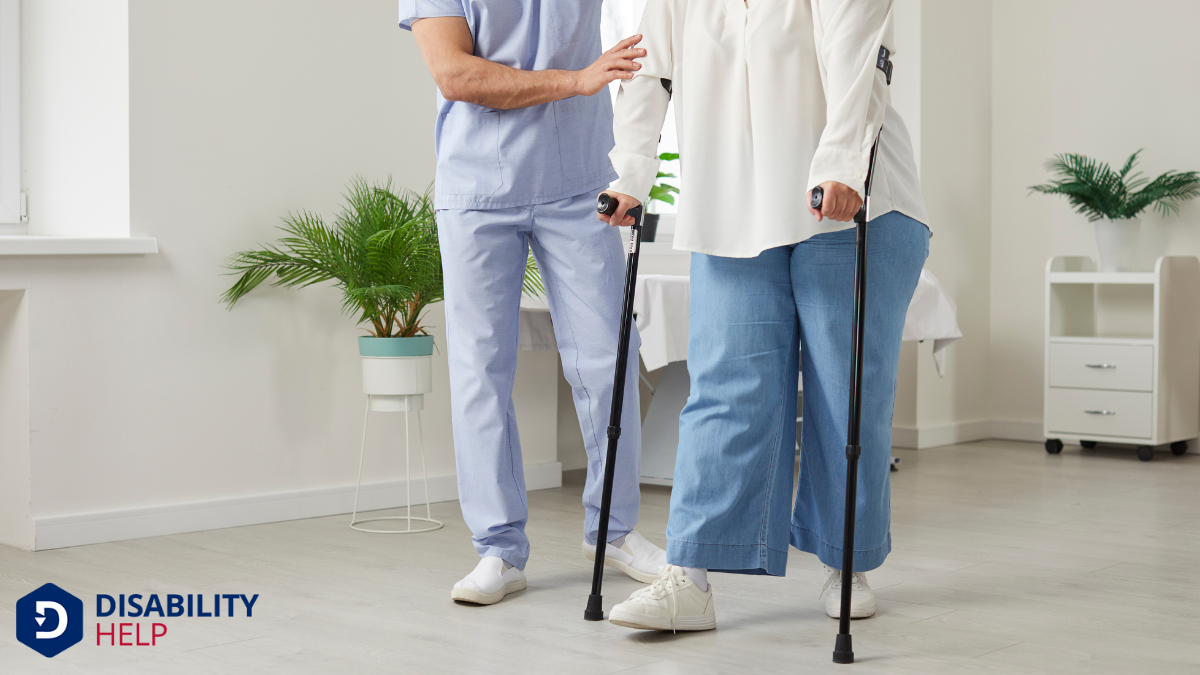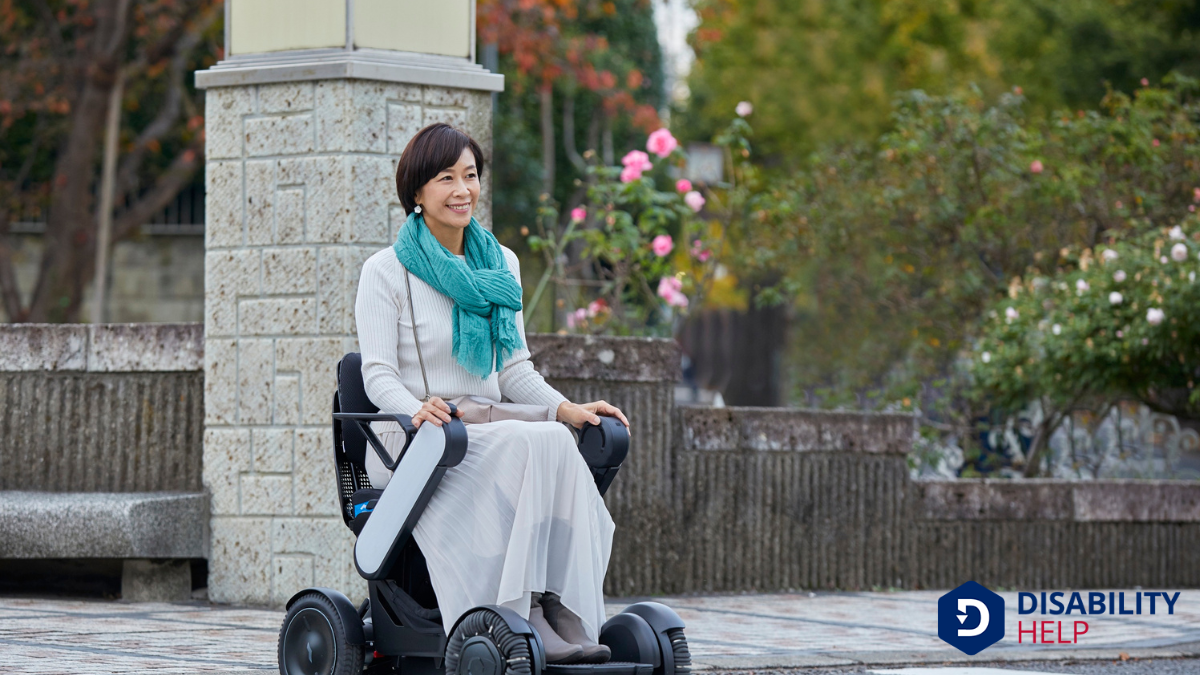When it comes to selecting the best device to assist walking, it’s essential that we consider our unique mobility needs and daily routines. Whether we’re aiming for added balance or need substantial support, the options are vast. From traditional canes to high-tech exoskeletons, each solution offers distinct benefits. But how do we determine which is truly the best fit for us? Let’s explore the possibilities and find the perfect match together.
Key Takeaways
- Assess the user's mobility level to determine the appropriate walking aid for stability or minimal support.
- Canes are suitable for slight assistance, offering portability and ease of use.
- Walkers provide substantial support and stability, ideal for those needing significant balance assistance.
- Rollators offer mobility with a built-in seat, perfect for longer outings and rest breaks.
- High-tech solutions like smart canes and exoskeletons provide advanced features for personalized mobility assistance.
Understanding Your Mobility Needs
When choosing the best device to assist walking, it's important to understand our own mobility needs thoroughly.
Let's assess our current physical condition, considering factors like balance, strength, and endurance. We should ask ourselves: Do we need a device for occasional support or daily use? Are we recovering from an injury, or do we've a chronic condition affecting our mobility? These questions help us determine the level of assistance required.
Next, let's think about our typical environment. Do we navigate mostly indoors, outdoors, or both? Different settings might demand varied features in a mobility aid.
Exploring Traditional Walking Aids

Having assessed our mobility needs and environment, let's explore the world of traditional walking aids. These tried-and-true devices provide stability and support, helping us maintain independence.
Canes are a classic choice, perfect for those needing slight assistance. They come in various styles, from single-point to quad canes, offering different levels of support.
Walkers, on the other hand, are ideal for individuals requiring more substantial assistance. With options like standard, two-wheeled, and rollators, walkers cater to diverse mobility needs.
Crutches, typically used for temporary injuries, help us maintain balance and reduce weight on an injured leg.
Each device has unique benefits, so it's essential we choose what aligns with our specific needs. Let’s stay active and confident with the right traditional walking aid.
Innovative High-Tech Solutions
As technology advances, we're witnessing a revolution in walking aids that goes beyond traditional devices. High-tech solutions like smart canes and exoskeletons are changing how we approach mobility.
Smart canes come equipped with sensors and GPS, providing real-time feedback and enhanced safety features. They can alert us to obstacles or even call for help if needed.
Exoskeletons, on the other hand, offer a more thorough solution. These wearable robotic suits assist in walking by supporting and enhancing our natural movements. They're especially beneficial for those with limited mobility, offering newfound independence and confidence.
These innovative devices aren't just about physical support; they also integrate with smartphones and apps, allowing for personalized settings and progress tracking.
Together, they redefine our walking experience.
Comparing Features and Benefits
Choosing the right walking aid can be overwhelming, but breaking down the features and benefits of each device helps simplify the decision.
Let’s compare some popular options to see how they stack up.
1. Canes: Lightweight and portable, canes offer balance assistance without being bulky. They’re perfect for those needing minimal support.
2. Walkers: Offering more stability than canes, walkers are ideal for those who require significant balance and support.
Many models fold for easy storage, making them convenient for travel.
3. Rollators: With wheels and a seat, rollators provide both mobility and rest opportunities.
They’re great for longer outings, allowing for a break whenever necessary.
Tips for Choosing the Right Device

When deciding on the right walking aid, how do we guarantee it meets our specific needs and lifestyle?
First, let's assess our mobility level. Are we looking for stability or just a little support?
Next, consider where we'll be using it. Indoors, outdoors, or both?
Portability and weight matter if we’re on the go often.
Let’s not forget adjustability—ensuring it fits our height comfortably can prevent strain.
We should also think about grip comfort and material; after all, our hands will be in contact with it frequently.
Finally, consider consulting a healthcare professional. They can provide valuable insights tailored to our unique circumstances, guiding us toward a well-informed choice.
Making the Most of Your Walking Aid
After selecting the perfect walking aid, let's focus on maximizing its benefits for our daily lives.
We can enhance our mobility and independence by using the device correctly and consistently. Here are three ways to make the most of our walking aid:
- Proper Fit and Adjustment: Confirm our walking aid is adjusted to the right height and fit. This promotes comfort and reduces the risk of strain or injury.
- Regular Maintenance: Keep our device in top condition by routinely checking for wear and tear. Replace any worn-out parts to confirm safety and reliability.
- Incorporate into Daily Routine: Use our walking aid regularly, whether at home or outdoors, to build confidence and maintain an active lifestyle.
Conclusion
In exploring walking aids, we've seen how each device offers unique benefits, from canes and walkers to innovative smart solutions. It's clear that the best choice depends on our individual needs and lifestyle. Consulting a healthcare professional can guarantee we select the right aid, enhancing both safety and independence. Let's embrace these tools to maintain our mobility and enjoy life's adventures. Remember, the right device can make all the difference in our daily lives.






